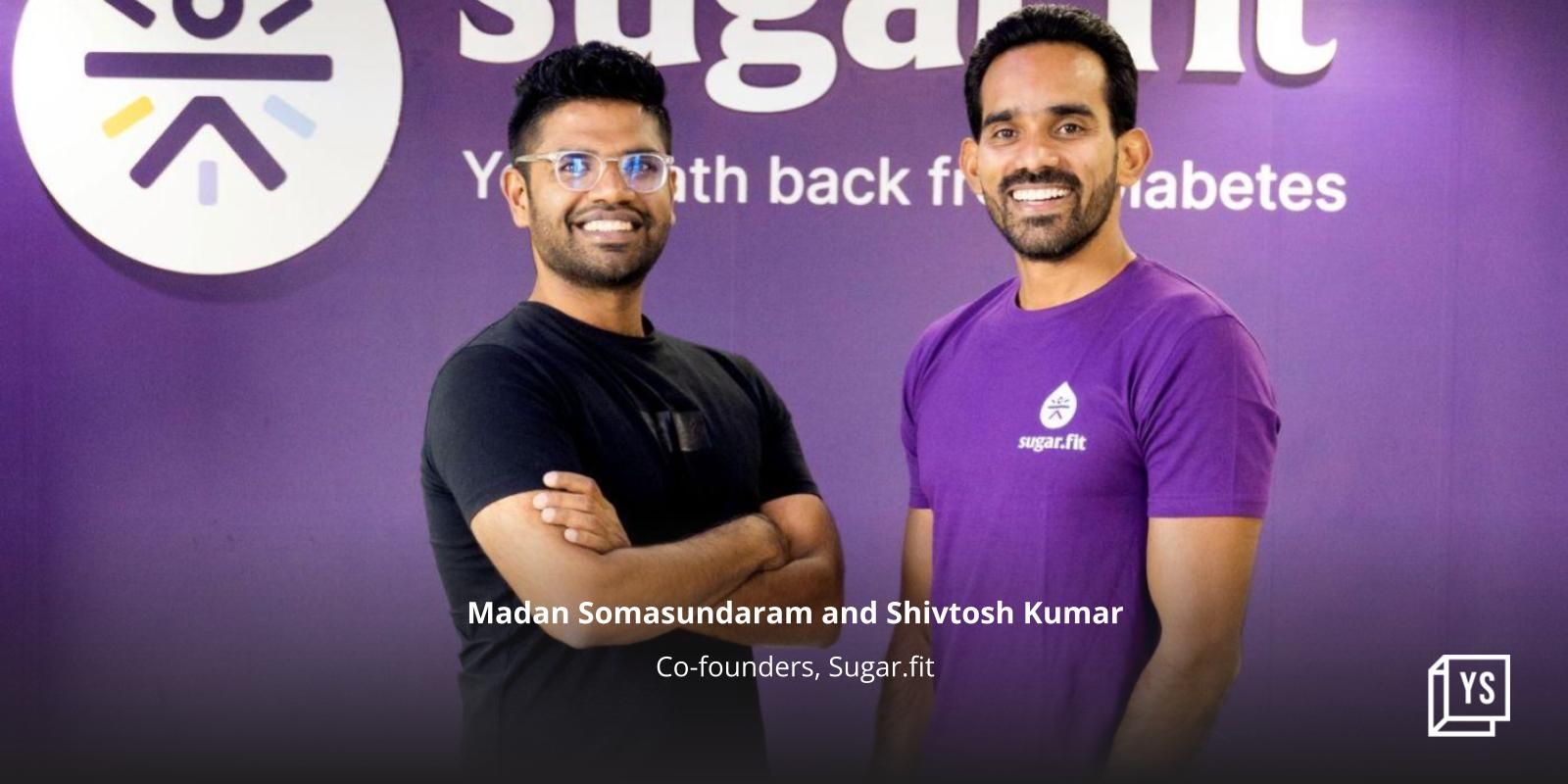Nandini Vaidyanathan, founder of CARMa CONNECT, creates a mentor network for entrepreneurs
Academician-turned-corporate executive-turned mentor Nandini Vaidyanathan is the founder of CARMa CONNECT, a platform to connect entrepreneurs and mentors globally. It offers mentoring products not just to entrepreneurs but to large organizations as well which encourage their employees to think like entrepreneurs.
Nandini, who is based in Bangalore, tells YourStory why mentoring is important and how her big dream is to see all her mentees become marquee brands in the next decade.
YS: You’ve had a long corporate career. How did you start CARMa?

NV: After finishing my Masters from the Delhi School of Economics and a pre-doctoral from the London School of Economics, my shy and introverted nature made teaching and research an obvious choice for a career. But I got into the corporate sector by accident. My first job was with Nagarjuna Signode in Hyderabad, now known as ITW Signode. Once I tasted blood (by way of a corporate salary), at that young age, I found it hard to go back to the life of an academician. I trained in crisis management at the FBI and worked for eight years with prisons, governments and the like. I then worked with organizations in oil, media and pharma in the US, Europe and Canada for the next 12 years and came back to India eight years ago as my father became critically ill.IIMB invited me to teach Entrepreneurship. Two lectures in, and I realized that to teach entrepreneurship, you needed to be inspired from within. I love the word ‘antarprerna’ in the context of entrepreneurship. I needed to bring real-time experience to my class and I figured that the best way to do it would be to mentor entrepreneurs.
I thought mentoring would make every Indian an entrepreneur. But then I realized that that was not good enough; you needed to make them successful entrepreneurs. The next question then became, how do entrepreneurs become successful in India? The answer was simple. Create an eco system, a habitat to nourish the spirit of entrepreneurship, and the key element of this habitat was mentoring. I am proud to say that my company CARMa has contributed to the creation of such a habitat. We were among the earliest to talk about mentoring and the risk mitigation strategy of mentoring. The name CARMa is an acronym for Creating Access to Resources and Markets because it’s this access that defines the thin line between success and failure.
YS: Is CARMa mentorship primarily for entrepreneurs? What is the revenue model?

NV: For almost five years before starting CARMa CONNECT, I mentored over 500 entrepreneurs free of cost. The term ‘mentor’ wasn’t common in India and few were willing to pay for being ‘mentored.’ Even today it doesn’t come easily to entrepreneurs to allocate a budget for mentoring just the way he does for product and market development! But over time, entrepreneurs have realized the value and I founded CARMa CONNECT in 2010 as a for-profit organization. My column for the ‘Entrepreneur’ and my book ‘Entrepedia’ (a-step-by-step guide to becoming an entrepreneur in India) were successful channels that brought mentees our way.The mentoring offered by CARMa is process driven. We don’t just give advice; we walk you through the different processes involved in setting up your business. If you come to us with just a concept in your head, we get you market-ready. If you are running an enterprise and are looking for that exponential growth, we get you investment-ready. If you are a family business, we get you to delicately balance between family values and professional delivery.
Our market is large and clearly segmented: Four distinct segments with four tailor-made products:
- We have students finishing college or young IT professionals between 25-30 who have an idea and wish to build the business around it.
- We have mature entrepreneurs who have been in business maybe for a decade or less, have hit saturation, want to grow not just 10% CAGR but exponentially. These are typically the ones who have deployed technology for product development but have not adopted technology in acquiring customers, in monetization models, in the entire business model itself.
- We have family businesses where the next generation is either disenchanted with the old business and wish to add on new lines to the existing business or then morph the old business to become more current and relevant.
- We also mentor middle and senior management employees in large organizations to think entrepreneurially, in the sense of taking ownership of their road map even if they don’t own the company.
What’s unique about CARMa is that we don’t take equity stake in the company that we mentor. We charge a small fee and we mentor them to reach their final goal, be it market readiness or investment readiness. We don’t take equity because somehow in my head there is conflict of interest if I have to wear both hats of mentor and investor.It is a process-driven, outcome-focused, milestone-based engagement that is measurable, transparent and successful.
When we started CARMa in 2010, we raised Rs 25 lakhs as crowd-funded equity. We had some churn when my co-founder and I had to part ways. So at that point, I converted the equity to debt with the consent of the investors and repaid within a year with interest. Since then we have neither needed funding nor have we gone after it.
Beyond our team of eight on payroll, we have more than 150 mentors on board with whom we have a revenue share model. We have offices in Bangalore, Santa Clara and Singapore.
YS: How many businesses have you impacted till date?

NV: We have mentored exactly 1412 entrepreneurs till date. This is in the ‘opportunity’ space. In the ‘livelihood’ space, we have 2800 women in Afghanistan, 323 in Ethiopia, 1650 in Ghana, 1100 in Nigeria and 340 in Somalia who we have helped to transform their businesses from ‘livelihood’ enterprises to scalable, profitable and global businesses.The women I mentor in Afghanistan have become the largest ‘abaya’ exporters in the world. The women in Somalia returned a million dollar of cluster finance disbursed to them in time without a single default. I’m not a believer in the Dole model. So even when we mentor at the bottom of the pyramid, the focus has been on how to make the women generate a surplus, not just be able to put two square meals on the table.My big dream is to see all my mentees become marquee brands in the next decade! I’d like to see engineering and business schools give primacy to entrepreneurship and not placements.
YS: As a seasoned mentor to multiple individuals, what lessons would you impart to our audience today?
NV: First, ideate. Most people believe that you ideate only when you start a business. Nothing could be farther from the truth. The way I look at it, you ideate till you are boxed away in a coffin!
Second, passion is associated only with ideation but rarely with execution. To me passion is useful only when you love to see the idea jump off your head on to the drawing board and then to the market, seamlessly and successfully.
Finally, monetize plurally. Most entrepreneurs are so focused on the idea that few give a thought to different streams of monetization.
So, ideate eternally, execute faithfully, monetize innovatively!







